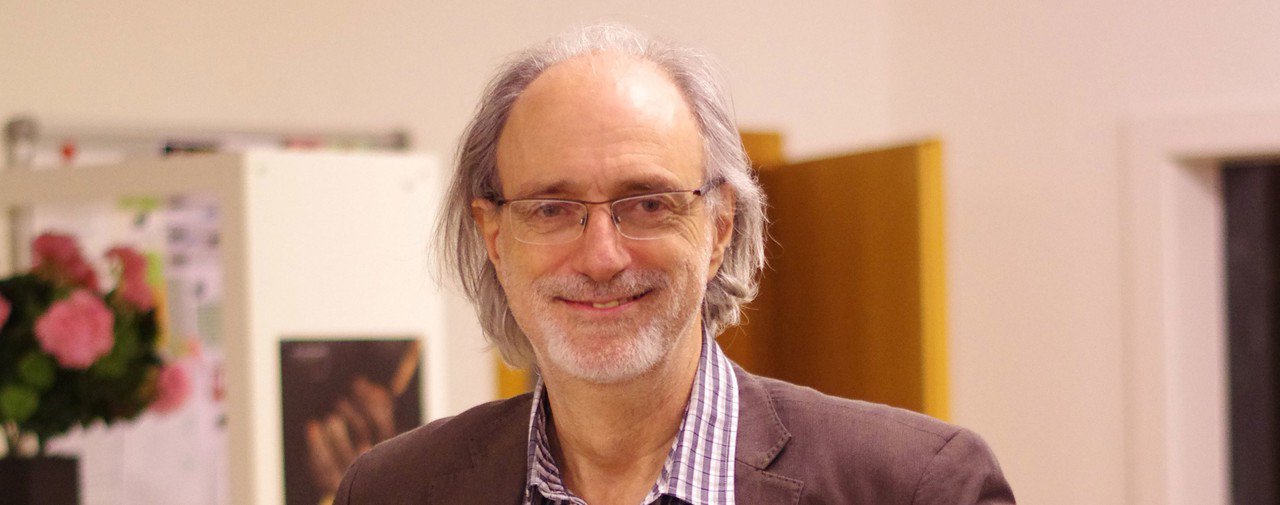Basic Income Earth Network - Switzerland
Basic income
What is the Unconditionnal Basic income?
The unconditional basic income (UBI) is a monthly payment by a public agency, to each individual, of a sum of money high enough to cover basic needs and enable participation in social life, as a monthly, lifelong rent. It is the concretization of a basic human right.
The idea has been long supported by many personalities, coming from all political backgrounds, all faiths and nationalities. It has a number of nicknames: universal allowance, subsistence income, citizen's income, universal income, guaranteed social income, universal dividend of life, etc.
Basic Income is not a social benefit and should not be confused with measures such as minimum wage, unemployment insurance, welfare or other conditionally granted benefit. The basic income is automatic, unconditional and inalienable. It affects everyone, rich or poor. He is assigned to each individual from birth to death. The amount is enough to guarantee everyone a decent life – whatever happens. It can be combined with other income (coming from work or not).
So the basic income is:
- paid to individuals, not to families
- combined with other incomes
- granted whether one is working or not
- high enough to meet basic needs and join social life.
A basic income would streamline social justice and economic efficiency. It's the most liberal solidarity principle one can get, as it ensures individual existence and social cohesion, without the rigidity of interventionism and no oppressing bureaucracy. Several variants are debated about its implementation. Supporters of basic income are not confined on one side of the political spectrum: it finds instead support and resistances on both sides of the Parliament. [+]
- Print node
- Login to post comments
- 59954 reads
An unconditional basic income is a logical response to how the economy is evolving

Ralph Kundig – Published on Friday, February 5th, 2016 on LeTemps.ch (FR)
An unconditional basic income (UBI) for everyone, the subject of a popular vote in Switzerland on 5 June 2016, is - according to Ralph Kundig - the logical response to developments in the economy. These imply less and less connection between employment and the economy, and consequently between employment and the social safety net. Ralph is the president of BIEN-Switzerland, the association fighting to introduce an UBI in Switzerland
Big data, learning machines, digitization, open source: all are developments which threaten jobs, even highly qualified ones. Unemployment is rising and social security costs are mushrooming, with fewer and fewer workers to pay for it and feeble economic growth. The way things are going means that neither the economy nor social security can any longer remain dependent on employment.
We are already seeing that salaries no longer bear much relation to the usefulness of the work done. The proportion of the population whose revenue is derived from work is a mere 40%; all the others accomplish tasks which are equally necessary to value creation but are unpaid, such as caring for family, learning, volunteer work or art and culture. In the 21st century, the concept of paid work as the sole source of income, social integration and human value creation has become obsolete.
- Print node
- Login to post comments
- 13769 reads




